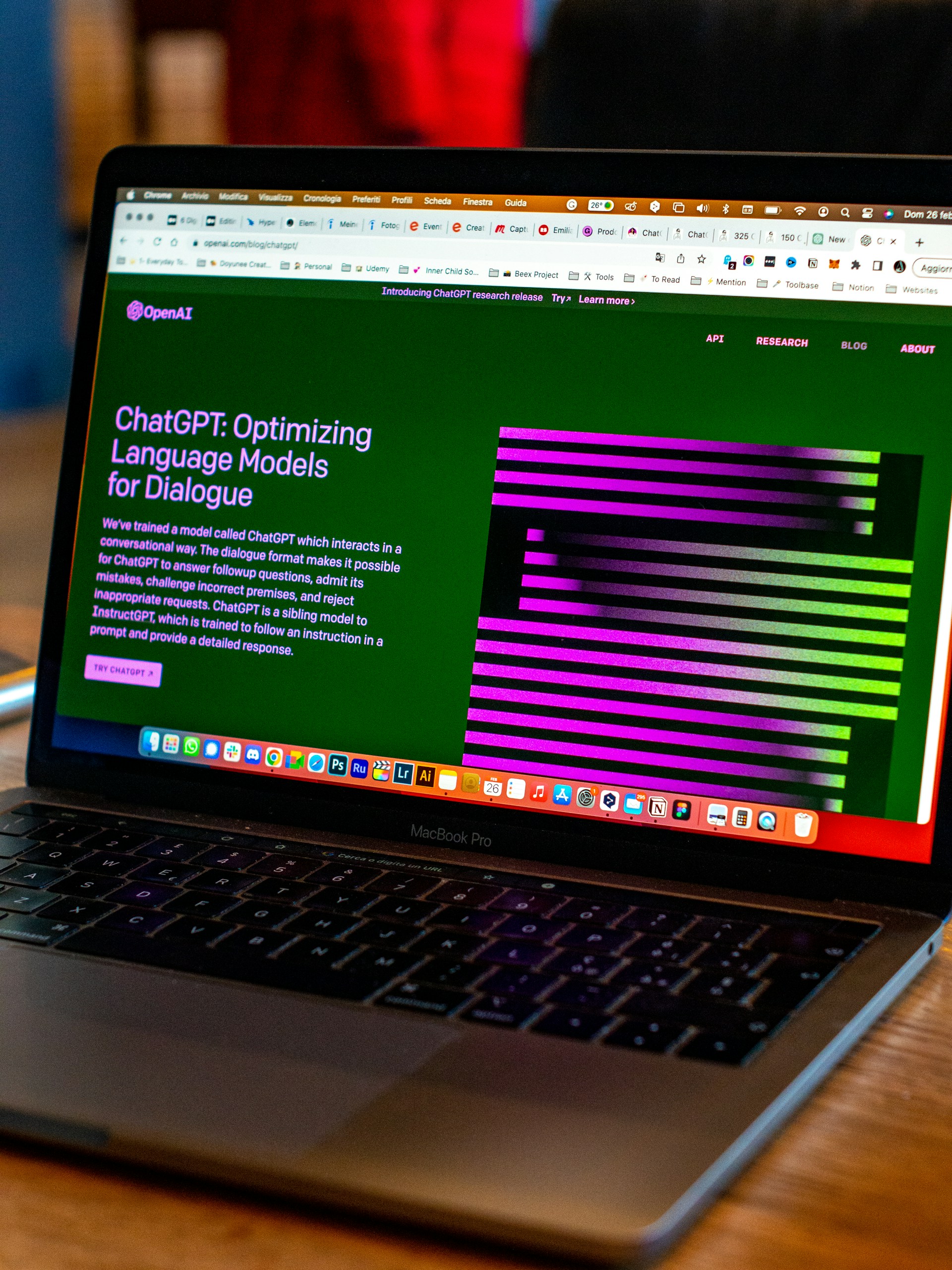South Korea, once renowned for its technological advancements and innovation, now faces a pressing challenge in the realm of Artificial Intelligence (AI). With a delayed start in AI development and a lack of concrete investment plans, the country’s economic future appears increasingly uncertain. This post explores the reasons behind South Korea’s struggles in the AI race and the potential implications for its economy.
The Rise of AI and South Korea’s Lagging Position
Artificial Intelligence has quickly become one of the most transformative technologies of the 21st century. Across the world, countries are investing heavily in AI research, development, and implementation. In nations like the United States, China, and the European Union, AI is seen as a cornerstone of future economic growth and technological leadership.
However, South Korea, despite being recognized as a tech powerhouse with impressive advancements in electronics, telecommunications, and robotics, has been slow to make significant strides in the AI sector. While other countries are rapidly integrating AI into industries such as healthcare, manufacturing, and transportation, South Korea’s investment in AI development has been lackluster.
The Absence of a Clear AI Strategy
One of the most concerning aspects of South Korea’s AI lag is the lack of a clear, unified strategy for AI development. While the government has made some efforts in recent years to address the AI gap, such as pledging investments into tech startups and research initiatives, these efforts remain fragmented and without the scale needed to compete on the global stage.
The government’s investment plans have yet to solidify, and there is no comprehensive, long-term vision to position South Korea as a leader in AI. Unlike its competitors, which have set clear goals for AI integration and application across various sectors, South Korea remains behind in its approach, leaving industries uncertain about the future.
The Economic Consequences of Falling Behind
The economic implications of South Korea’s delay in AI development are stark. AI has the potential to revolutionize industries, improve productivity, and drive economic growth. By not capitalizing on this opportunity, South Korea risks falling behind in the global economy, losing its competitive edge to nations that are making AI a top priority.
For South Korea’s economy, this means missed opportunities for innovation, job creation, and leadership in emerging technologies. AI-driven automation and machine learning offer potential benefits in fields such as manufacturing, logistics, and finance—industries where South Korea has traditionally excelled. Without robust AI capabilities, the country risks losing its dominance in these sectors to nations with stronger AI infrastructures.
Global AI Competition: The Stakes are High
Countries that are already advancing in AI are not only reshaping their economies but also positioning themselves as global leaders in the next technological frontier. South Korea’s competitors, particularly China and the United States, have already made significant inroads in AI research and application, securing substantial government funding, establishing AI-focused industries, and fostering a competitive AI ecosystem.
In this environment, South Korea faces an uphill battle to regain lost ground. The longer the country delays in fully embracing AI, the more challenging it will be to compete on the global stage, especially as AI continues to play a crucial role in shaping the future of everything from labor markets to healthcare systems and national security.
A Gloomy Outlook for the Future
Given the current trajectory, the future of South Korea’s economy looks increasingly uncertain. Without rapid advancements in AI, South Korea may miss out on the economic opportunities that come with this transformative technology. Countries that invest in AI now are positioning themselves for the future, while South Korea’s delayed start leaves it struggling to catch up.
Unless there is a significant shift in both government policy and private sector investment, South Korea risks falling behind in the global AI race—an outcome that could have profound long-term effects on its economy.
A Call for Immediate Action
To reverse this trend and secure a brighter future, South Korea must accelerate its efforts in AI development. This includes creating a comprehensive national strategy, investing in AI research and development, supporting startups, and fostering partnerships with global leaders in the field. If South Korea acts swiftly and decisively, it still has the opportunity to reclaim its position as a global leader in technology.
The time for action is now. If South Korea is to thrive in the AI-driven future, it must act fast to make up for lost time and build a solid foundation for innovation.
In conclusion, the delayed start in AI development has placed South Korea in a precarious position. As the world shifts toward an AI-powered economy, South Korea must urgently reassess its strategy and increase investment in this critical sector. Only then can it hope to secure a sustainable and prosperous future in an increasingly competitive global economy.

Leave a Reply